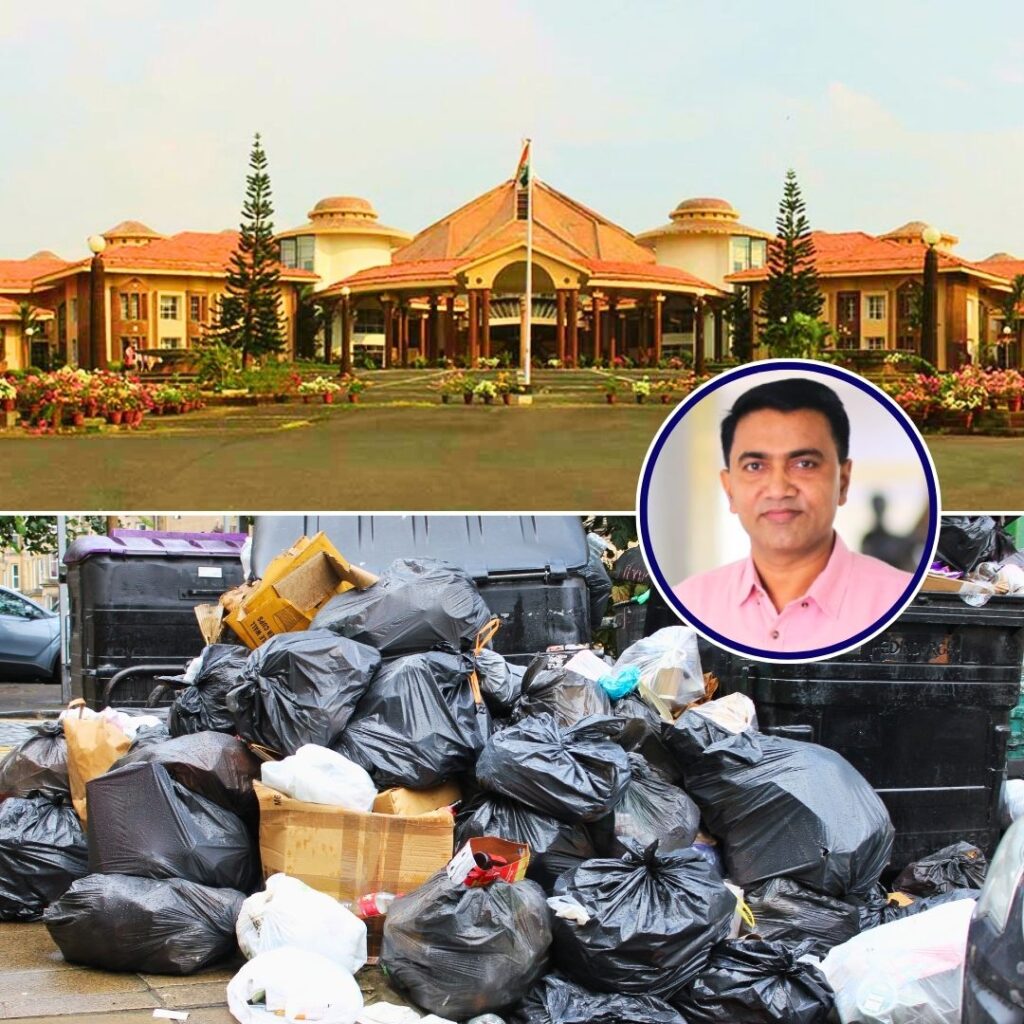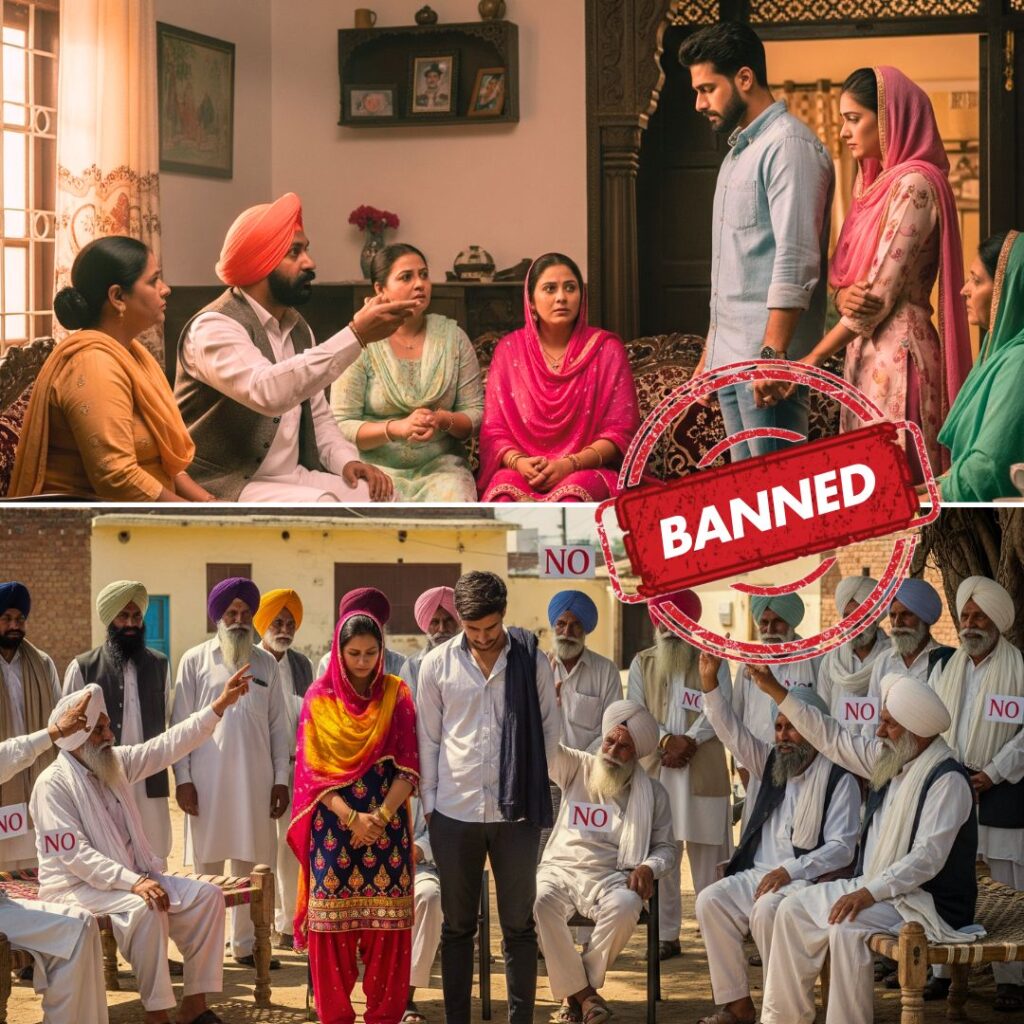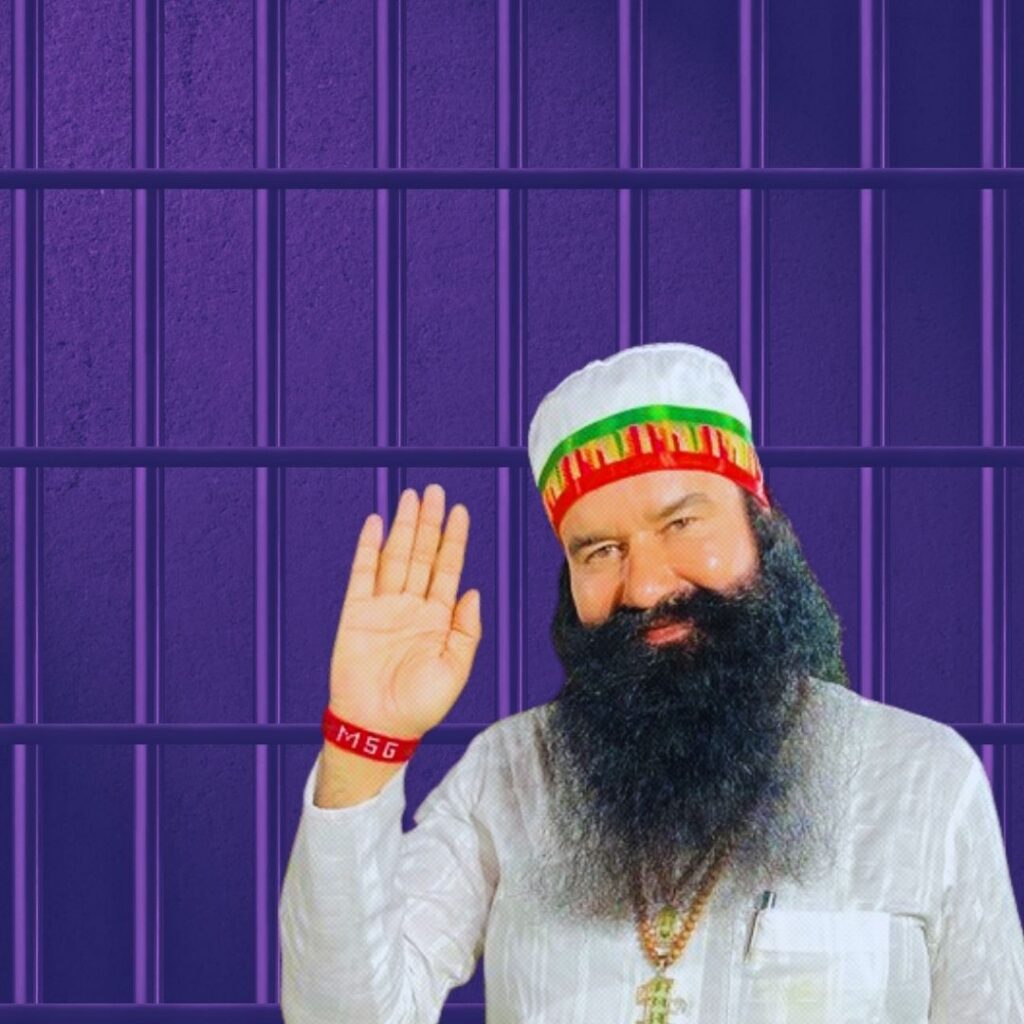Facebookâs Free Basic initiative has come under severe criticism in India as it is based on a zero-rating model. TRAI has also asked Reliance Communication, Facebookâs partner in India for Free Basics, to put the service on hold till the authority considers all the details and terms and conditions of the service.
According to Mark Zuckerberg, the founder and chairman of Facebook, âTo connect a billion people, India must choose facts over fictionâ He goes on saying that in every society, there are certain basic services that are so important for peopleâs wellbeing that we expect everyone to be able to access them freely. In the 21st century, everyone also deserves access to the tools and information that can help them to achieve all those other public services, and all their fundamental social and economic rights. Thatâs why everyone also deserves access to free basic internet services.
Whereas academicians from Indiaâs premier institutes IITs and IISc have slammed Facebookâs Free Basics initiative, terming it âflawedâ and âmisleadingâ. In a joint statement issued, around 50 faculty members from IITs (Bombay, Delhi, Kharagpur, Madras, Patna) and IISc Bengaluru have denounced the proposal dubbing it a âlethal combination that will lead to total lack of freedom on how Indians can use the internetâ.Facebook will have access to all your appsâ contents.
âAnother flaw is that the term âfreeâ in âfree basicsâ is a marketing gimmick.â
Online space are now saturated with a Rs. 100 crore campaign proclaiming that Internet connectivity for the Indian poor is a gift from Facebook which a few churlish net neutrality fundamentalists are opposing. In its campaign, Facebook is also using the generic phrase âfree, basic Internetâ interchangeably with âFree Basicsâ, the name it has given its private, proprietary platform. This is in blatant violation of Indian rules on advertising, which forbid generic words being used for brands and products. This is from a company which, in spite of having 125 million Indian subscribers, refuses to be sued in India, claiming to be an American company and therefore outside the purview of Indian law. Nor does it pay any tax in India.
Evgeny Morozov, one of the most insightful commentators on technology, has written extensively on how Silicon Valley seeks to subvert the state, promising to give the people connectivity, transport and other facilities, if we only hand over our data to them. Instead of people demanding that the state provide access to various services â from drinking water to transport and communications â people are being led to believe that a few capitalists from Silicon Valley will provide all these services. We will have Internet connectivity instead of education, and Uber will provide private taxis, instead of public transport. To paraphrase Marie Antoinette, let the people have cake instead of bread. This is the Internet monopoliesâ agenda of hidden and mass-scale privatisation of public services.
This name free basics is far less misleading than Internet.org, because the collection of sites that Facebook partners with are not the Internet, but weâll have to see if Reliance Communications stops advertising Internet.org as âFreeNetâ. This also doesnât change the fact that the service still violates Net Neutrality, and has other issues:
Supports Net Neutrality in the US, violates it in India: Facebook has signed the Internet Associationâs amicus curiae brief supporting the FCC, stating âThe open architecture of the Internet creates an innovation-without-permission ecosystem. Consumers (and consumers alone) decide the winners and losers on the open Internet.â
The terms and conditions now state:
Submission does not guarantee that your site(s) will be made available through the Internet.org Platform.â
Facebook also reserves the right to rewrite URLs and remove javascript and content from other domains. The terms state:
In order for your content to be proxied as described above, your URLs may be re-written and embedded content (like javascript and content originating from another domain) removed. In addition, secure content is not supported and may not load.
Consumers donât choose: which sites are available on Internet.org. no Google. No YouTube. No Amazon. No Flipkart. No Yahoo. No LinkedIn. No Twitter. No Snapdeal. No HDFC. No ICICI. No PayTM. No eBay. No IRCTC. No NDTV. No Rediff. No Quora. No Quikr. No RedBus. No BSE. No NSE. And the list goes on. Itâs clear: the âBasicsâ of the Indian internet are not on Free âBasics.â 3. Does Facebook benefit from this? While Free Basics currently doesnât have advertising, who isnât to say that this isnât yet another bait and switch from Facebook. What if, tomorrow, Internet.org introduces advertising for its users, with a revenue share being given to its telecom operator partner? Bait and switch. By that time, the service would be far too entrenched for it to be shut down, competitive pressure would ens…











